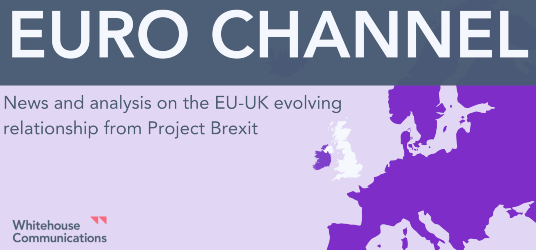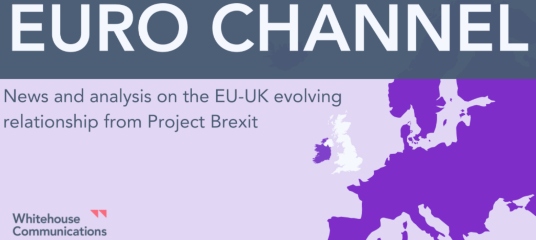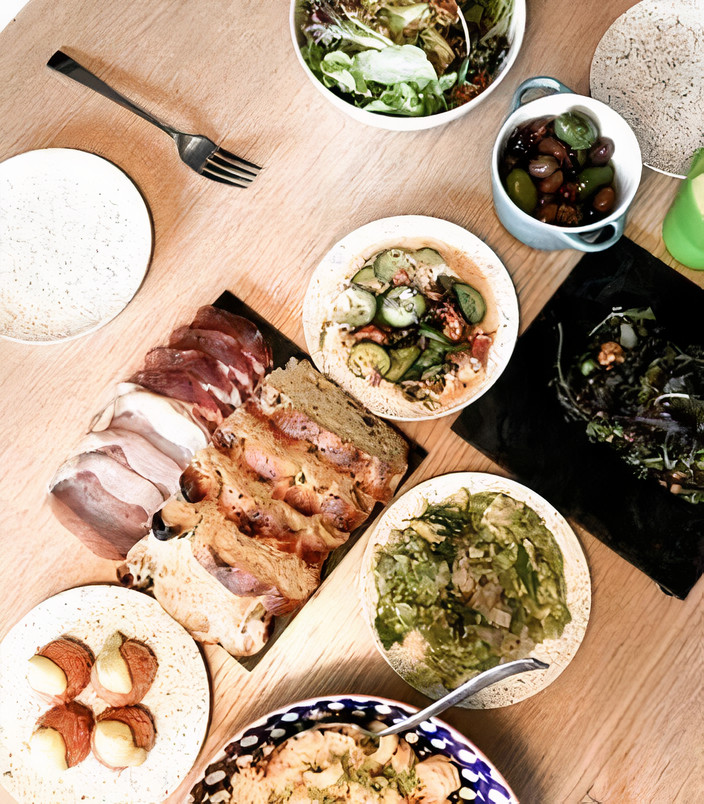The UK Foreign Secretary has recently confirmed that food products sold across the UK will have to carry a “not for EU” label. The measure is a direct result of the Windsor Framework, an agreement reached between the UK and the EU to address some of the challenges introduced by the Northern Ireland (NI) Protocol and reducing checks on British products entering NI. But is this framework fit for purpose, and what should food businesses be aware of?
The NI Protocol: a source of red tape
The NI Protocol – which came into force in January 2021 – introduced a system in which NI is still subject to EU standards and border controls are carried out in NI ports for all food products – including those from Great Britain (GB) aimed for the NI market – to avoid a hard border in Ireland. This resulted in unreasonable administrative burdens for UK companies selling their products in NI.
The Windsor Framework: A Two-Lane System
After tense negotiations, the EU and the UK reached an agreement to address this issue. The resulting Windsor Framework modifies the Protocol by setting up a two-lane system for food products travelling from or via GB to NI. Products whose final destination is NI will go through a green lane which only requires a “not for EU” label to be displayed on the products, and a certificate per lorry stating that the goods are staying in NI and comply with the UK internal market scheme. Products destined for the EU market, meanwhile, will have to go through a red lane and undergo all necessary sanitary and phytosanitary (SPS) checks and customs controls.
This should address some of the administrative issues introduced by the NI Protocol, but the devil is in the detail. The UK needs to put in place an enforcement system that is effective and well understood. The Government has announced that the “not for EU” label will need to be displayed in products across the UK and not only on those destined for the NI market. The Government is justifying this based on the need to preserve the UK internal market by avoiding the introduction of requirements on products only aimed for NI. On practical grounds, having separate labelling in NI may also make it harder to ensure that products do not wrongly enter the EU single market. The requirement will start to apply in October for pre-packaged meat and fresh milk and by July 2025 for other goods.
Food Industry Response
While the food industry welcomed the Windsor Framework as a positive step in the right direction, many are concerned about the “not for EU” label requirement. Retailers reportedly support the extension of the label to the whole of the UK, but food businesses oppose it as they worry it will result in extra cost at a time when food prices are skyrocketing. In response, the Government has reassured industry that they will offer financial support to introduce the label. In a similar vein, there are concerns about the lack of clarity on the new system’s operational details and food business operators are asking for the Government to provide clarity as soon as possible.
With so much at stake, industry needs to help policymakers understand the complexities of the food supply chain to avoid the introduction of unnecessary burdens and emphasise the need for the introduction of adequate guidelines well before the new system starts to apply.
At Whitehouse Communications, our team of experts help clients navigate the complicated maze of food and public health policy. Your issues are our issues. We want to help your organisation deliver significant policy and regulatory changes. Whether you’re working in the UK or the EU – get in touch with us to discuss how we can help.


